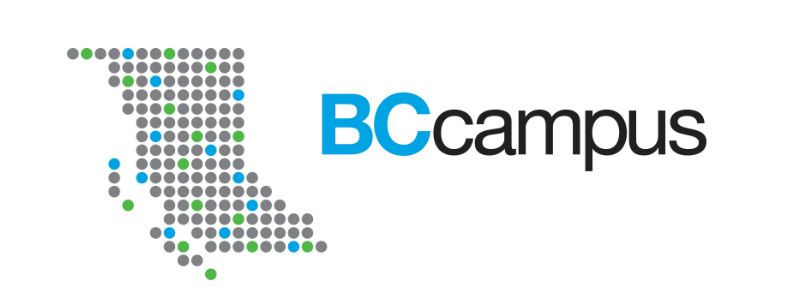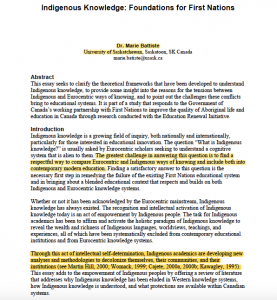This paper – “A Haudenosaunee Model for Onkwehon:we (Indigenous) Education” – is like the holy grail for my research topic. I’m interested in how Indigenous peoples educate their own people and how Indigenous values, including valuing the land, inform those education processes. (Onkwehon:we means Indigenous, or first people, in the Kahnyen’kehàka or Mohawk language.)
This paper discusses the importance of Indigenous-led education that reclaims Indigenous ways of knowing, which value “experiential learning, storytelling, and interacting with the land” (Whitlow et al., 2019).
The authors detail how 22 children – half of whom are Indigenous and half are non-Indigenous – took part in three days of workshops on the Six Nations reserve, near Brantford Ontario (the largest reserve in Canada). “The workshops were led and conducted by Haudenosaunee knowledge keepers who covered a range of topics: sovereignty, food, ceremonies, treaties, historical agreements between Six Nations and Brantford, colonization, decolonization, resistance, art, residential schools, cultural pride, language, and artistic practice.” (Whitlow et al., 2019).
The researchers then followed up with participants six months later. There are some very powerful quotes from the youth who participated in the workshops. The following is one such quote that underscores the importance of place-based learning:
“’You’re just held accountable by your environment, being on Six Nations. Like you’re in their community… I think that’s like really helpful whereas maybe if we had these workshops in Brantford and you’re talking about a community that you’re not actually in, it’s not holding you super accountable. You’re in their house, so be respectful while you also inherently try to learn at the same time.’(Non-Onkwehon:we Youth)” (Whitlow et al., 2019).
Reference
Whitlow, K.B, Oliver, V., Anderson, K., Brozowski, K., Tschirhard, S. Charles, D., and Ransom, K. (2019). Yehyatonhserayenteri: A Haudenosaunee model for Onkwehon:we (Indigenous) education. Canadian Journal of Education 42(2).

